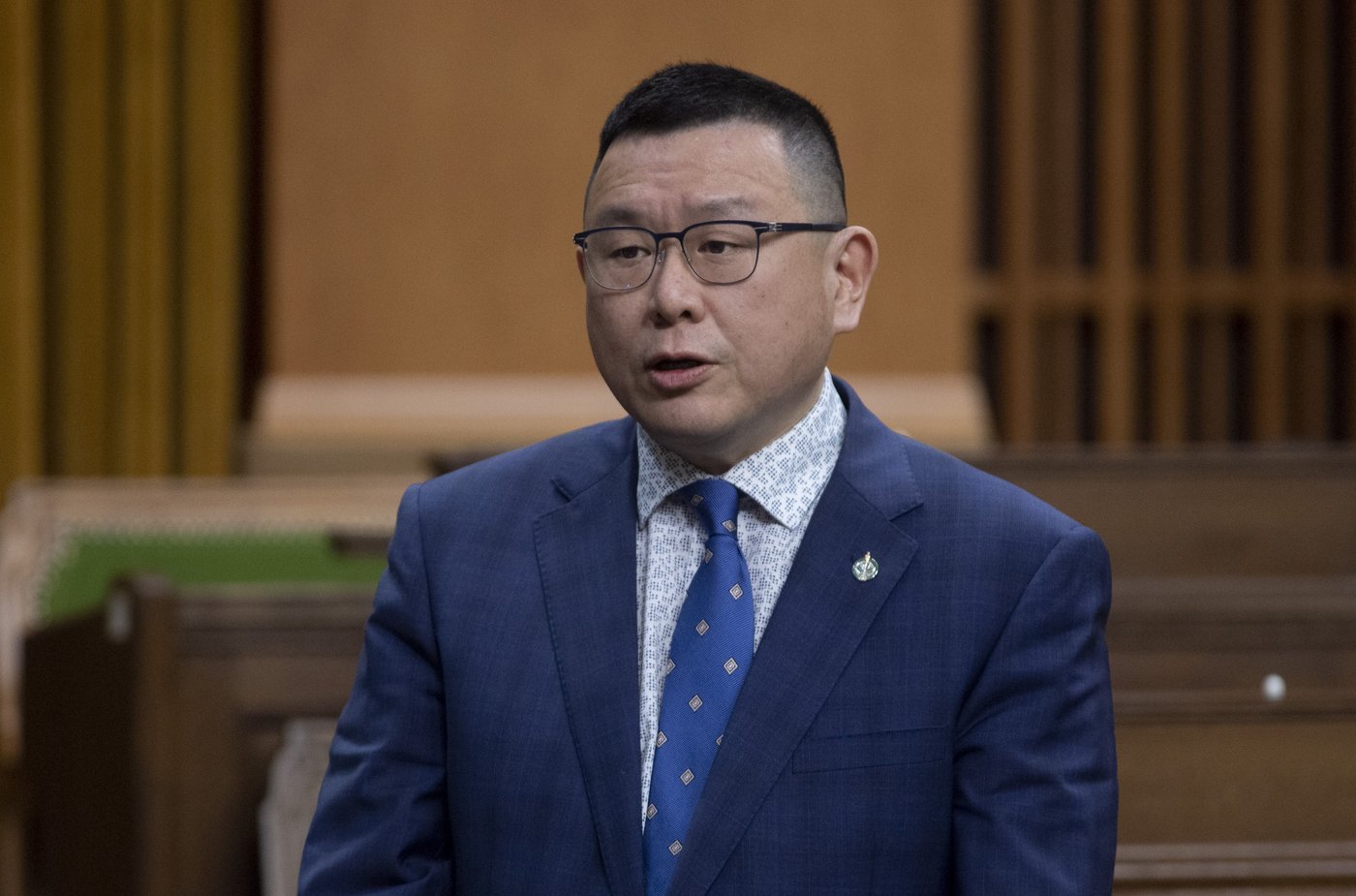A former British Columbia member of Parliament said he fears Canada has become an “open market” for foreign governments to sway elections after being named in a newspaper report as the target of an alleged campaign by Chinese diplomats to defeat him.
Kenny Chiu, a Conservative who lost his seat of Steveston-Richmond East in the 2021 election, said Friday he was not surprised by the report in the Globe and Mail citing Canadian intelligence documents and describing alleged efforts to oust candidates seen as unfriendly to Beijing.
Chiu, who has previously said he was targeted by pre-election misinformation on Chinese-language social media, said there had been a lack of action from Ottawa on foreign interests operating in Canadian politics.
While he said he felt vindicated by Friday’s report, Chiu said his “overwhelming emotion is one of being gravely concerned” about Canada’s national security situation and the ability of “predatorial regimes” such as China, Russia and Iran to influence votes here.
“The integrity of our political system, it’s the cornerstone, the foundation of our country,” Chiu said. “And if we cannot protect it and guarantee it and allow foreign countries to influence and interfere with it, it puts question in our democratic system.”
Chiu said he was frustrated that more wasn’t being done by Parliament to counter foreign interference in elections.
“I’m just sick and tired of these people (who) just keep on sending virtual signals but drag their feet,” he says.
The Globe and Mail report says Canadian Security Intelligence Service documents describe Tong Xiaoling, then Chinese consul general in Vancouver, boasting about a strategy that led to the defeat of two Conservative MPs in 2021, whom she does not name.
Chiu and then-Richmond Centre MP Alice Wong, also a Conservative, both lost their seats in 2021 after suffering large drops in vote share. Richmond has a large population of Chinese immigrants.
Wong did not respond to requests for comment.
In September 2021, an analysis from a federal research unit said researchers observed Chinese Communist Party accounts on Chinese-language social media spreading a narrative that the Conservatives would drastically curtail ties with Beijing.
The report by Rapid Response Mechanism Canada was prepared just one week before the 2021 vote.
— By Chuck Chiang in Vancouver
This report by The Canadian Press was first published Feb. 17, 2023.
